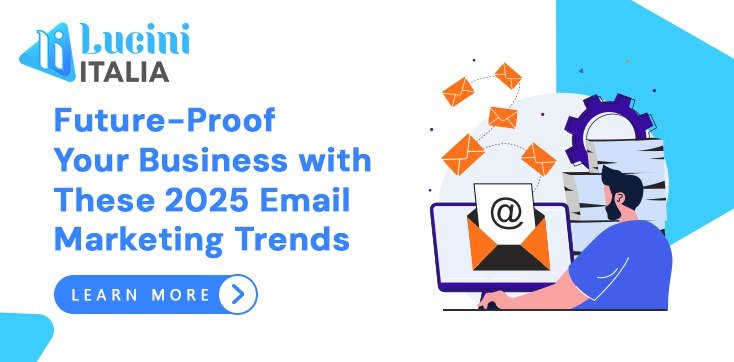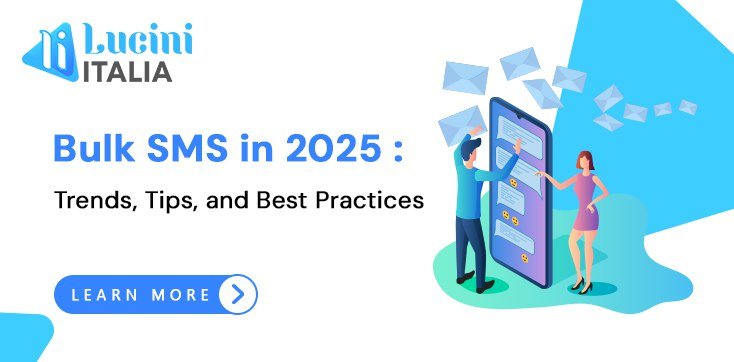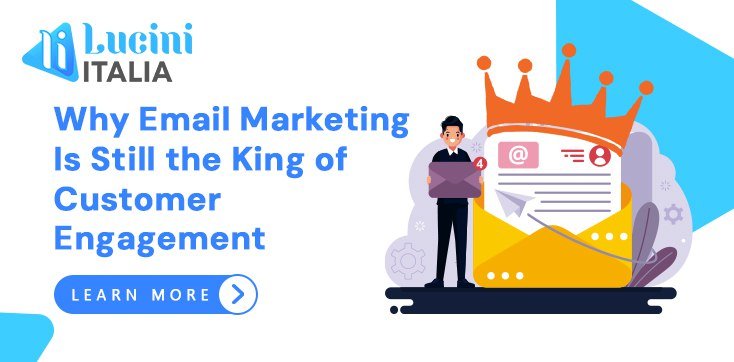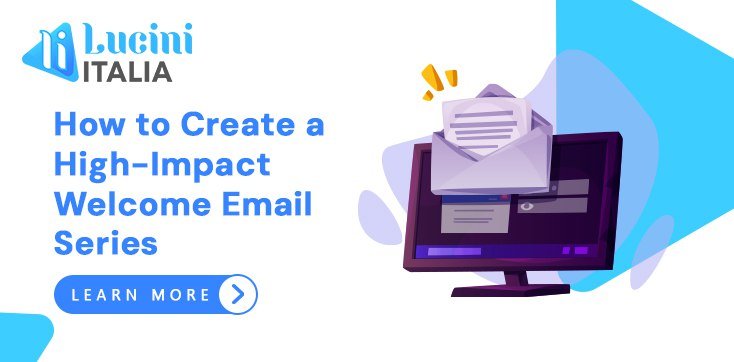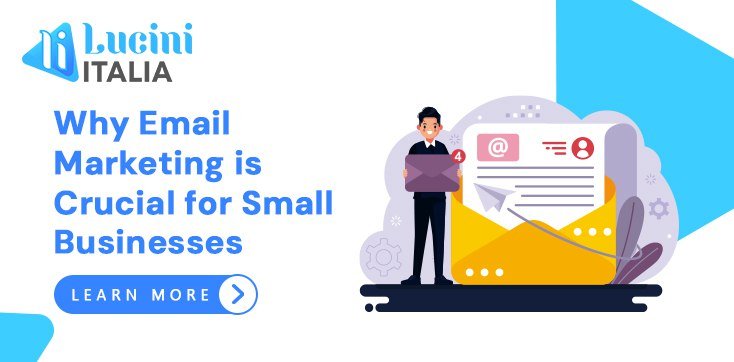
In today’s digital age, where competition is fierce and customer attention spans are shrinking, small businesses need to find effective and affordable ways to reach their target audience. Email marketing is a powerful tool that can help you achieve just that.
What is Email Marketing?
Email marketing involves sending targeted emails to a list of subscribers who have opted-in to receive communications from your business. It’s a direct and personalized way to engage with your customers, build relationships, and drive sales.
Why is Email Marketing Essential for Small Businesses?
High ROI: Email marketing offers one of the highest returns on investment (ROI) compared to other marketing channels. For every $1 spent, you can expect to generate an average of $32 in return.
Direct Access to Your Audience: Unlike social media platforms where algorithms can limit your reach, email marketing allows you to directly connect with your customers’ inboxes.
Building Relationships: Regular email communication helps you build trust and loyalty with your customers by providing valuable content, personalized recommendations, and exclusive offers.
Nurturing Leads: Email marketing is a powerful tool for nurturing leads through the sales funnel. You can send targeted emails based on customer behavior and interests, increasing the chances of conversion.
Cost-Effective: Compared to traditional marketing methods, email marketing is relatively inexpensive. You can reach a large audience without breaking the bank.
Measurable Results: Email marketing platforms provide detailed analytics, allowing you to track the performance of your campaigns and make data-driven decisions.
Increased Brand Awareness: Consistent email communication helps keep your brand top-of-mind with your customers, increasing brand recognition and recall.
How to Get Started with Email Marketing
Build an Email List: Start collecting email addresses from your website visitors, customers, and social media followers. Offer incentives like discounts or exclusive content to encourage sign-ups.
Choose an Email Marketing Platform: Select a platform that suits your needs and budget. Popular options include Mailchimp, Constant Contact, and HubSpot.
Create Engaging Content: Develop a content calendar and create valuable, relevant content that your audience will appreciate. This could include newsletters, product updates, how-to guides, or industry news.
Personalize Your Emails: Use email marketing software to personalize your emails based on customer preferences, demographics, and purchase history.
Test and Optimize: Experiment with different subject lines, email content, and send times to find what works best for your audience.
Bottom Line
By incorporating email marketing into your overall marketing strategy, small businesses can significantly improve customer engagement, drive sales, and build a loyal customer base.

